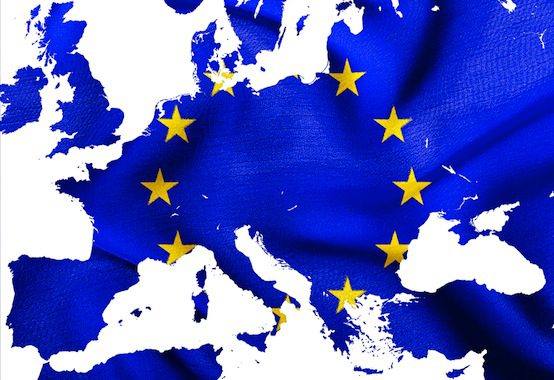Why Remain Is Losing the EU Referendum

I was struck by this section of a Financial Times report from a British embassy party in Paris:
Elisabeth, a writer, lamented her parents’ nostalgia. “It’s all about a bygone era,” she said, noting that the In campaign focuses too much on the negative economic effects of a Leave vote. “They should run an emotional campaign, too,” she suggested. But no one in the group could immediately recall any emotional moment in the joint history of the UK and the EU since the second world war [bold mine-DL].
It seems to me that this is one reason why the EU referendum could be very different from the Scottish independence vote in 2014. No one campaigning for staying in the EU can make an appeal to a shared history or identity that means anything to people on either side of the debate, because there is no shared identity to speak of and what shared history there is doesn’t inspire any loyalty. Being British and remaining part of the U.K. mattered to many Scottish voters in a way that remaining in a particular European political arrangement simply doesn’t matter to British voters. Insofar as these votes turn on questions of identity, the Remain campaign is at a severe disadvantage.
The case for staying in the EU is largely a technocratic one made by people impressed by these sorts of arguments, but this predictably leaves most people paying the most attention to the debate cold. By its nature, a transnational, bureaucratic organization doesn’t and can’t inspire the affection that one feels for one’s home country, region, or neighborhood. What David Brooks calls “big love” doesn’t really involve love at all, but a calculation that it is advantageous to belong to some larger entity. Remain can make the case that there is some material advantage to be had in staying in the EU, but they can’t and don’t run an “emotional campaign” because the only strong emotions that the EU seems capable of inspiring are resentment and distrust. No one at this embassy gathering could recall a positive emotional moment in the history of the relationship with the EU because there has never been one, and in all likelihood there never will be.
Comments